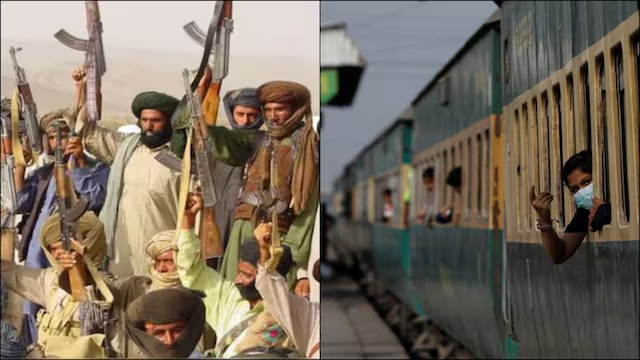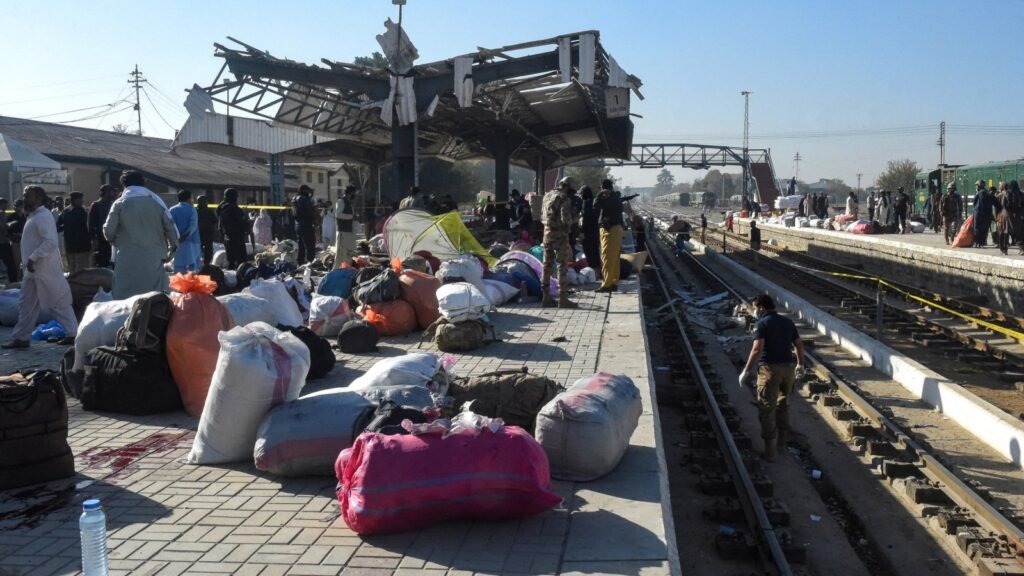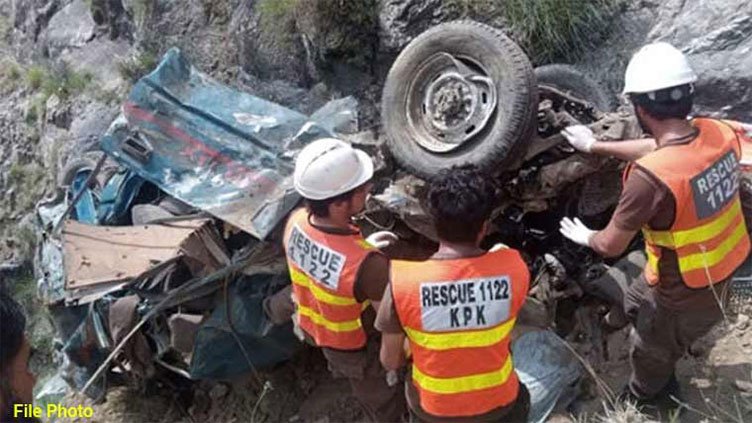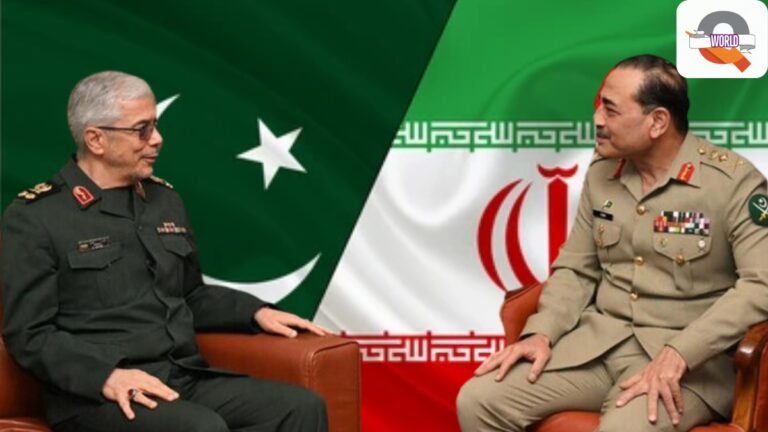
Balochistan, Pakistan – March 12, 2025: A hostage crisis unfolded on Tuesday when armed militants from the Baloch Liberation Army (BLA) attacked the Jaffar Express, a passenger train traveling from Quetta to Peshawar. The attack, which took place in the Dhadar area of Bolan Pass, left the train driver injured and led to a prolonged standoff with security forces. According to multiple reports, the militants took over 182 passengers hostage, including Pakistani military personnel, police officers, and intelligence operatives.
Attack and Hijacking
The train, carrying approximately 500 passengers, was ambushed as it traveled through the mountainous region of Mach, an area known for frequent militant activity. The attackers derailed the train and opened fire, causing panic among the passengers. Security sources reported that the BLA had strategically planned the attack and used explosives to disable the railway tracks before storming the train.
Eyewitness accounts suggest that unidentified gunmen forced the train to stop before systematically rounding up hostages. Women, children, and Baloch passengers were released, while active-duty security personnel from Pakistan’s military, Anti-Terrorism Force (ATF), and Inter-Services Intelligence (ISI) were taken captive. The BLA issued a warning that any military intervention would result in the execution of hostages.
BLA’s Demands and Government Response
The BLA claimed responsibility for the attack, labeling it a “strategic operation,” in a statement. The militant group demanded the release of Baloch political prisoners and missing persons in exchange for the hostages.
Pakistan’s government swiftly responded by mobilizing security forces and imposing emergency measures.
“All institutions have been activated to resolve the crisis,” said Balochistan government spokesperson Shahid Rind.
A relief train was dispatched, and additional troops were deployed to secure the region.
Pakistan’s Prime Minister Shehbaz Sharif condemned the attack, describing the militants as “beastly terrorists who deserve no concessions.”
He assured the public that efforts were underway to rescue the remaining hostages. President Asif Ali Zardari also issued a strong statement, denouncing the attack as an “inhumane and heinous act.”
Security Operation and Casualties
Security forces launched a rescue operation within hours of the attack. Pakistani troops engaged in heavy gunfire with the militants, resulting in significant casualties on both sides. Reports indicate that at least 27 BLA militants have been killed so far.
As of Wednesday morning, Pakistani security forces confirmed the rescue of 155 hostages, including 58 men, 31 women, and 15 children. However, dozens of passengers remain on the hostage. The militants separated groups of hostages, taking some into the surrounding mountainous terrain, further complicating rescue efforts.
The situation was further exacerbated by reports that some of the attackers were equipped with suicide bombs and stationed near the hostages, making direct military intervention highly risky.
BLA’s Threats and Ongoing Crisis
The BLA has set a 48-hour ultimatum for the Pakistani government to meet its demands, threatening to execute hostages if security forces do not withdraw from the area. The group has also claimed responsibility for shooting down a drone and killing 20 soldiers, though Pakistani authorities have not verified these claims.

The militant group, designated as a terrorist organization by both Pakistan and the United States, has intensified its attacks in recent months. It has a history of targeting Pakistani security forces and Chinese nationals working on projects in Balochistan. The BLA’s Fidayeen unit, known for its high-profile suicide missions, has taken responsibility for Tuesday’s operation, further heightening concerns over the evolving insurgency in the region.
International and Regional Implications
The hostage crisis has drawn international condemnation. United Nations Secretary-General Antonio Guterres called for the immediate release of the hostages and urged all parties to seek a peaceful resolution.
The crisis also raises concerns over the security of China-Pakistan Economic Corridor (CPEC) projects in Balochistan, where China has heavily invested in infrastructure and energy projects. Beijing has previously expressed concerns over militant threats in the region and has pushed for enhanced security measures.
Keep Reading Questiqa.com
Get more News Headlines On Our Social Platforms And Do Follow.




